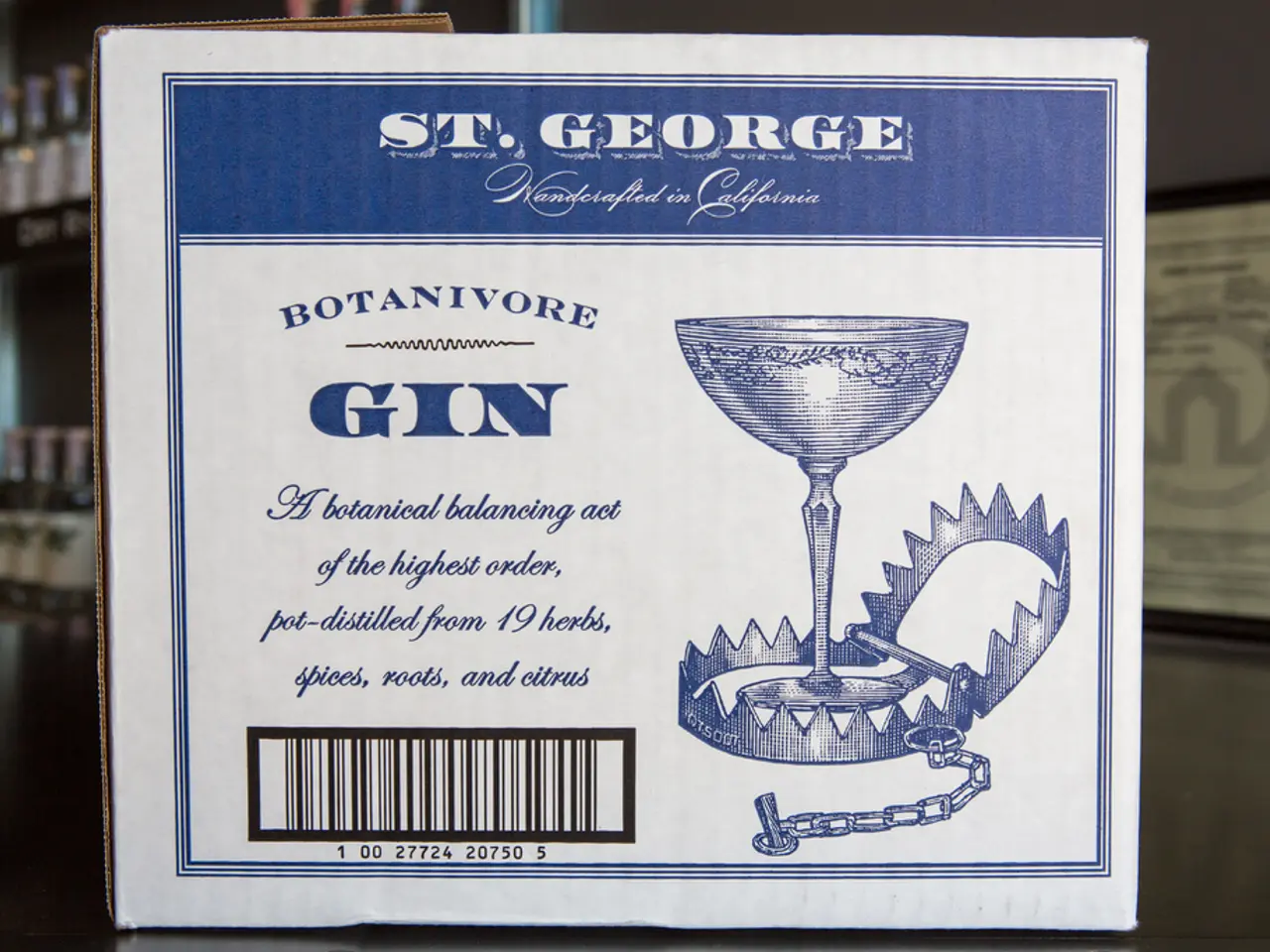Researchers, in collaboration with a poet, encoded a poem within the genetic code of a near indestructible bacterium. Remarkably, the bacterium managed to produce a response poem.
In a groundbreaking fusion of literature and science, Canadian poet Christian Bök has embedded a poem into the DNA of a radiation-resistant bacterium, nicknamed "Conan the Bacterium." This extraordinary endeavour, known as The Xenotext project, is the culmination of 25 years of research, trial, and error.
The sonnet "Orpheus" was encoded into the DNA of Deinococcus radiodurans. This was achieved by creating a synthetic gene sequence representing the poem's text in the bacterium's genome. Lydia Contreras, a chemical engineer at the University of Texas at Austin, was contacted by Bök due to her lab's deep expertise with Deinococcus radiodurans.
When the bacterium "reads" this encoded DNA, it translates it into a protein whose amino acid sequence corresponds to a second poem, "Eurydice." Both poems are linked by a specially designed "mutually bijective cipher" where each letter in one poem pairs with a fixed letter in the other. The resulting protein also fluoresces red, visually expressing the "faery" imagery in Eurydice, effectively making the poem come alive inside the living microbe.
The project dovetails with emerging ideas for biological data storage. Deinococcus radiodurans's ability to survive harsh environments means encoded data could persist for geological timescales, far outlasting any current human-made data storage media. This durability could potentially store vast amounts of information—cultural, scientific, literary—within living organisms’ DNA, potentially serving as ultra-long-term “time capsules.”
Moreover, since the data is embedded in a living organism, it can replicate itself, potentially preserving information autonomously without external power or maintenance. This self-replicating storage could revolutionize data archiving methods.
The achievement is both scientific and poetic, crossing the lines between life and art, language and biology, mortality and permanence. Christian Bök aims to create technology that could preserve messages over the lifespan of Earth, hardening our cultural heritage against planetary disasters that could wipe out our civilization.
References:
- The Xenotext Project
- Bök, Christian. "The Xenotext: Book 1." Coach House Books, 2015.
- Bok, Christian, and Lydia Contreras. "The Xenotext Project: An Interdisciplinary Approach to Genetic Poetry and Synthetic Biology." In Leonardo, vol. 50, no. 5, 2017, pp. 475-484.
- Bok, Christian, and Lydia Contreras. "The Xenotext Project: An Interdisciplinary Approach to Genetic Poetry and Synthetic Biology." In Leonardo, vol. 50, no. 5, 2017, pp. 475-484.
- Bok, Christian, and Lydia Contreras. "The Xenotext Project: An Interdisciplinary Approach to Genetic Poetry and Synthetic Biology." In Leonardo, vol. 50, no. 5, 2017, pp. 475-484.






